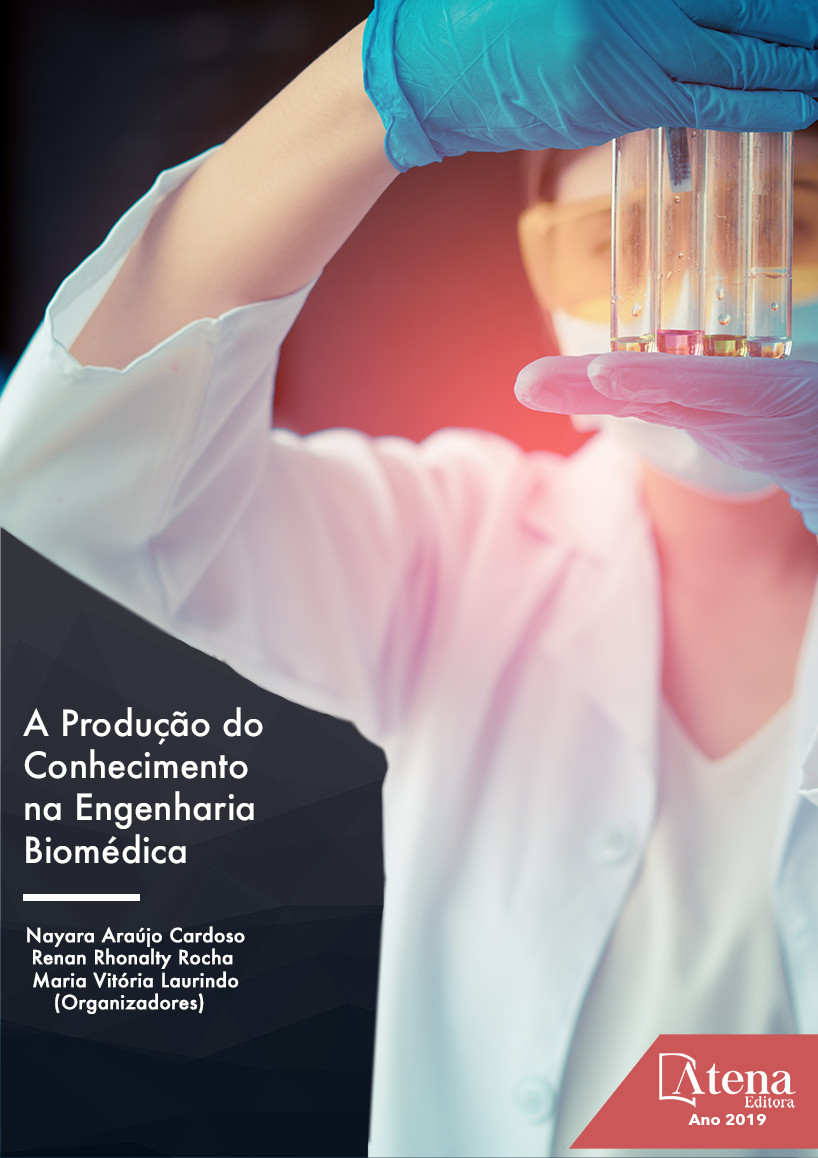
UM NOVO ALGORITMO DE EVOLUÇÃO DIFERENCIAL BASEADO EM SIMULATED ANNEALING PARA RECONSTRUÇÃO DE IMAGENS DE TOMOGRAFIA POR IMPEDÂNCIA ELÉTRICA
A reconstrução de imagem de
Tomografia por Impedância Elétrica (TIE)
consiste na resolução de um problema
inverso e mal-posto governado pela Equação
de Poisson, isto é, não existem soluções
matemáticas únicas para resolver esta equação.
Neste trabalho foi proposto uma nova técnica
baseada na hibridização de duas técnicas de
otimização comuns de reconstrução de TIE,
visando minimizar a função objetivo: Simulated
Annealing (SA) e Evolução Diferencial (ED).
Nossa abordagem, trata-se em comparar os
resultados obtidos pela técnica aqui proposta
e a ED, como forma de encontrar a melhor
técnica para reconstrução de imagens de
TIE. Os resultados foram quantitativamente
avaliados, com relação ao custo computacional
dos algoritmos, mostrando que a técnica híbrida
proposta obteve maior eficiência computacional
na reconstrução de imagens de TIE
comparada à técnica ED. Quanto à avaliação
qualitativa, indicou que os resultados foram
anatomicamente consistentes e conclusivos
para todas as técnicas estudadas.
UM NOVO ALGORITMO DE EVOLUÇÃO DIFERENCIAL BASEADO EM SIMULATED ANNEALING PARA RECONSTRUÇÃO DE IMAGENS DE TOMOGRAFIA POR IMPEDÂNCIA ELÉTRICA
-
DOI: 10.22533/at.ed.8281901067
-
Palavras-chave: Tomografia por impedância elétrica, reconstrução de imagem, hibridização, evolução diferencial, simulated annealing.
-
Keywords: Electrical impedance tomography, image reconstruction, hybridization, differential evolution, simulated annealing.
-
Abstract:
Electrical Impedance Tomography
(EIT) reconstruction consists of solving an
inverse problem and mismatch governed by the
Poisson equation, that is, there are no unique
mathematical solutions to solve this equation.
In this work, a new technique based on the
hybridization of two common optimization
techniques of EIT reconstruction was proposed,
aiming at minimizing the objective function:
Simulated Annealing (SA) and Differential
Evolution (DE). Our approach is to compare
the results obtained by the proposed technique
and DE as a way to find the best technique
for reconstructing EIT images. The results
were quantitatively evaluated with respect
to the computational cost of the algorithms,
showing that the proposed hybrid technique
obtained higher computational efficiency in
the reconstruction of EIT images compared to
the DE technique. Regarding the qualitative
evaluation, indicated that the results were
anatomically consistent and conclusive for all
techniques studied.
-
Número de páginas: 15
- Priscila Dias Mendonça
- Reiga Ramalho Ribeiro


